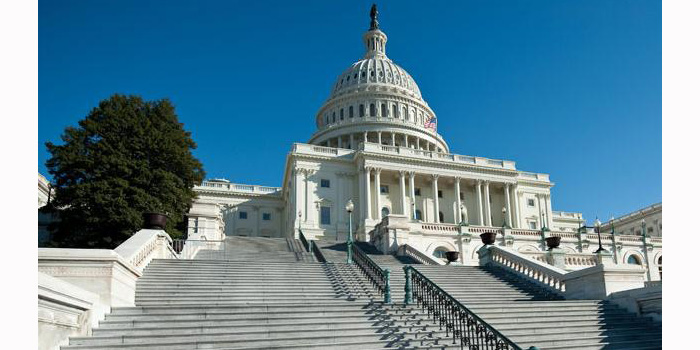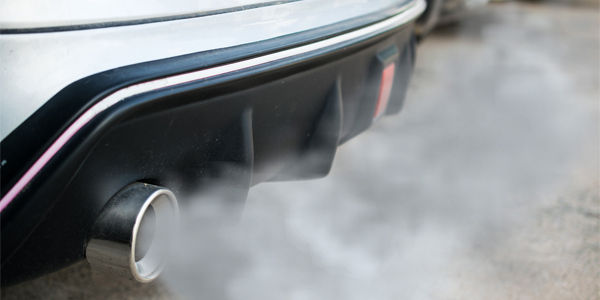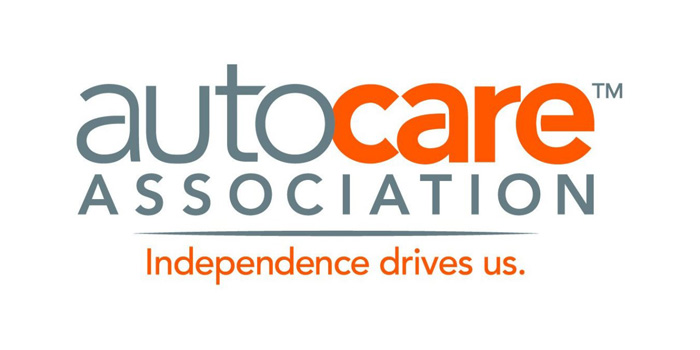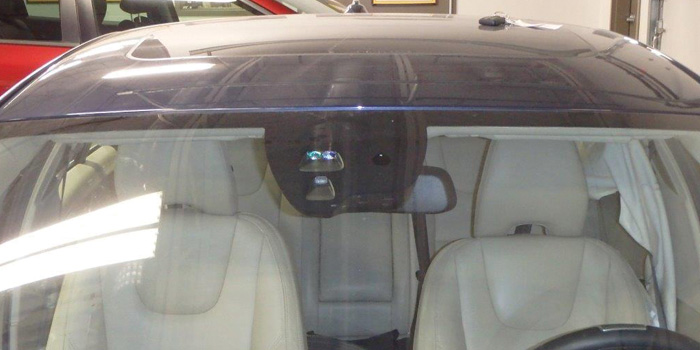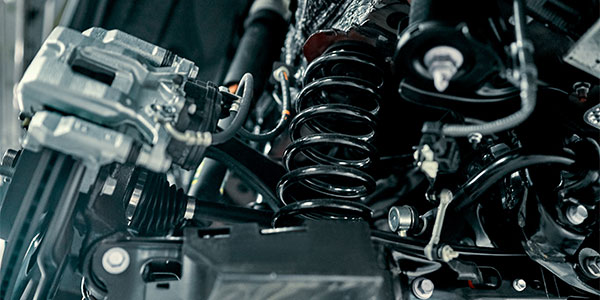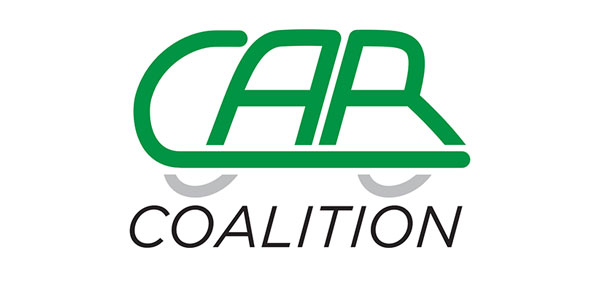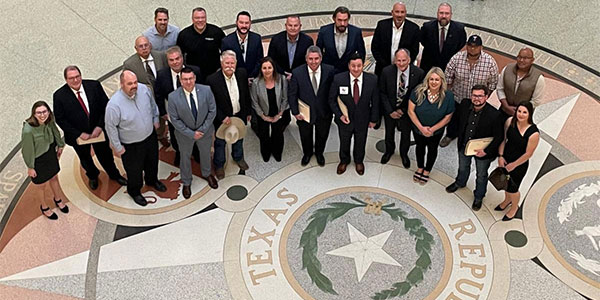On January 13, Alliance of Automotive Service Providers of Massachusetts (AASP/MA) Executive Director Evangelos “Lucky” Papageorg appeared before the Massachusetts Joint Committee on Consumer Protection to urge its support of House Bill 4122, which seeks to update the state’s current Right to Repair law to better address the growing presence of telematics in vehicle technology and repairs.
Included in H.B. 4122’s proposed updates is the insertion of the following key language (with minor edits for clarity):
Commencing in model year 2022 and thereafter, a manufacturer of motor vehicles sold in the Commonwealth, including heavy-duty vehicles having a gross vehicle weight rating of more than 14,000 pounds, that utilizes a telematics system shall be required to equip such vehicles with an inter-operable, standardized and open access platform across all of the manufacturer’s makes and models. Such platform shall be capable of securely communicating all mechanical data emanating directly from the motor vehicle via direct data connection to the platform. Such platform shall be directly accessible by the owner of the vehicle through a mobile-based application and, upon the authorization of the vehicle owner, all mechanical data shall be directly accessible by an independent repair facility or a class 1 dealer licensed pursuant to section 58 of chapter 140 limited to the time to complete the repair or for a period of time agreed to by the vehicle owner for the purposes of maintaining, diagnosing and repairing the motor vehicle. Access shall include the ability to send commands to in-vehicle components if needed for purposes of maintenance, diagnostics and repair.
Additionally, the bill defines a “telematics system” as “any system in a motor vehicle that collects information generated by the operation of the vehicle and transmits such information […] utilizing wireless communications to a remote receiving point where it is stored.” It also defines “mechanical data” as “any vehicle-specific data, including telematics system data, generated, stored in or transmitted by a motor vehicle used for or otherwise related to the diagnosis, repair or maintenance of the vehicle.”
Addressing the Committee, Papageorg explained that performing motor vehicle repairs with the most current information is of utmost importance, as auto body facilities take on the liability that such repairs will guarantee the vehicle will react as intended while driven and in a potential subsequent collision. He also noted that an independent shop’s cycle time and additional costs increase substantially if it does not have access to the same needed information that is obtained through an OEM facility repair.
In addition to supporting the current legislation, the Massachusetts Right to Repair Coalition – whose members include AASP/MA – announced last December that it had turned in 102,000 signatures to ensure an initiative petition to enact the revised law reaches the 2020 ballot.
“We’re hoping the Legislature take up this bill,” comments Massachusetts Right to Repair Coalition Director Tommy Hickey. “But if they don’t, we’re fully prepared to move to the ballot for November 2020.”
Hickey believes that revisions to the Right to Repair law are needed to secure the safety of consumers who have vehicles repaired at independent repair facilities.
“Cars are becoming computers on wheels. Ninety percent of vehicles have wireless technology that consumers nor independent repair facilities have access to.”
Papageorg says AASP/MA plans to continue its push to have the revised Right to Repair Law pass the Legislature.
“Cycle time is paramount to collision repairers. It is critical for them to have timely information readily available at their shops as opposed to them having to send vehicles out and add to the overall expense of the repair and cause delays.”
For more information on the Alliance of Automotive Service Providers of Massachusetts (AASP/MA), visit aaspma.org.


